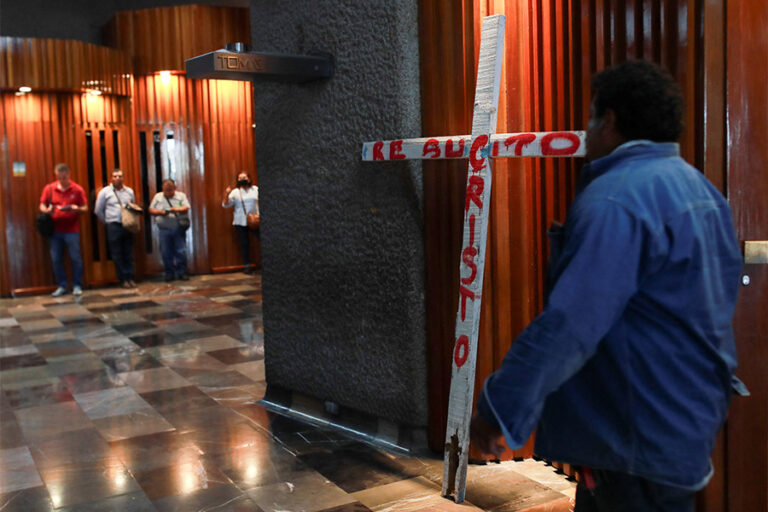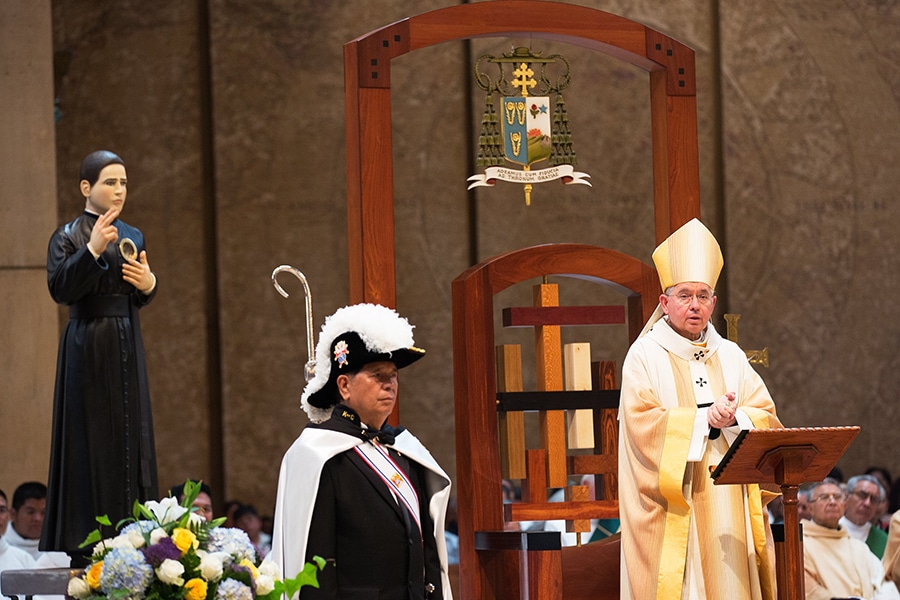Public opinion on immigration has never been more negative. The latest Gallup Poll as of Feb. 24 shows that only 28 percent of the population is satisfied with the current immigration situation, making 72 percent dissatisfied. For comparison’s sake, it is the same percentage of dissatisfaction that the population has with public schools.
There is a choice before the American public and its leaders in how to resolve the immigration situation. Our national conscience and heritage are at stake. Some have suggested massive deportation of illegal (or undocumented aliens) from this country no matter what their situation may be, while others consider legalization of qualified aliens to be the better solution. I recently found six research studies that opted for legalization as a good solution, while only one suggested deportation.
For complicated social problems such as these, a cost-benefit analysis is always useful. Every public policy has its benefits, but also has its costs.
Unfortunately, in every cost-benefit analysis, its quality depends on primary assumptions and the data being used. A careful analysis of these factors must be done to discern the most correct solution, as the public rarely has access to these scientific studies. A brief analysis may be helpful in considering the right choice.
The costs for deportation itself are easy to calculate since Homeland Security already deports hundreds of thousands of aliens per year. The figure used is around $11,000 per person, from apprehension and deportation, but that is only one factor to be considered. Detention camps would raise the costs significantly, as well as the cost of mobilizing a mass deportation using police, army and National Guard.
There are fiscal and social costs associated with separating mixed families who would become dependent on social benefits, such as public assistance and medical assistance.
There is another little-known or considered factor, which is the financial effect on the housing market. There are approximately 2.5 million undocumented households, of which 56% rent, while 27% hold 1.3 million mortgages. Will they have time to sell their homes in a depressed market or default on the mortgages? Estimates of these costs can be calculated, showing that the negative impact on the labor market caused by deportation makes little sense not only morally, but also fiscally.
On the other hand, legalization, which was once experienced in 1986 in our country, has proven to be an overall success. It benefited the migrants, and it benefited the country by legalizing their status, thus allowing them to pay more taxes, enter into the Social Security system and actually gain education, thus improving their earning power.
If employer sanctions (which now could include verifying Social Security eligibility) had been fully implemented, it would have protected our workplaces and ensured that everyone was working in the Social Security system. Since this was not accomplished, it should be part of any new legalization.
Perhaps understanding the family situation of undocumented people might be helpful to understanding the benefits of legalization. Many families are in what is called a mixed situation. Some households are undocumented, some are a mix of undocumented and American-born citizens or permanent residents, and others have children brought to the U.S. by parents at an early age, and who know no other country or language.
There are a variety of legal situations that identify a person as being undocumented, or what popularly is called illegal. Some fall out of status due to some action of the migrant, such as overstaying a visa or unauthorized entry without inspection, while other factors such as backlogs and changing regulations and laws render many people without legal status.
The fact is, by negligence or design, we have allowed these people to enter our country and have benefited from their participation in the labor market. For example, half of the more than 2 million people (about the population of Nebraska) working in agriculture are deemed to be undocumented. Mass deportation would leave our agricultural and husbandry industries without sufficient labor, which would never be filled by American citizens.
This summary of the research aimed at addressing our immigration system and dealing with the undocumented immigrants already here should give us pause to think about the consequences of a mass deportation event.
It would be much more to the benefit of our country, and certainly to the immigrants, that they were given a chance to rectify their situation and continue to contribute to our nation and its economy.
Read More Immigration & Migration
Copyright © 2024 OSV News








